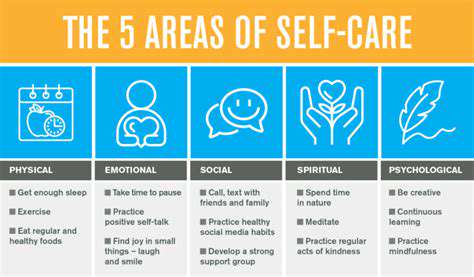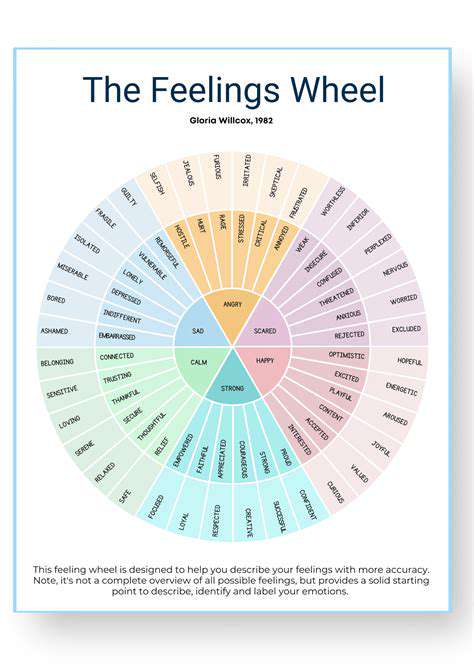The Role of Community Gardens in Mental Well being
There's undeniable therapy in witnessing something thrive under your care. For individuals who feel powerless in other areas of life, nurturing a seedling into a robust plant provides concrete evidence of their ability to create positive change. The garden becomes both metaphor and medicine.
Physical Rewards From the Ground Up
While we often focus on gardening's mental benefits, the physical payoffs are equally impressive. Digging beds works your arms and core, squatting to plant seedlings strengthens legs, and hauling watering cans gives your cardiovascular system a gentle workout. Unlike gym routines that feel like chores, gardening exercise happens naturally as you tend to your plants.
Sunlight exposure during gardening sessions helps regulate our circadian rhythms while boosting vitamin D levels. The combination of fresh air, moderate physical activity, and nature connection creates a perfect storm of wellness benefits that pills can't replicate.
Growing Community Roots
Community gardens transform empty lots into vibrant social hubs where people from all walks of life connect over shared dirt. These spaces break down barriers as neighbors exchange growing tips, share harvest surpluses, and celebrate each other's gardening victories. In our increasingly digital world, these face-to-face interactions satisfy a deep human need for tangible connection.
Nothing bonds people quite like troubleshooting aphid infestations or marveling at the season's first tomato together. These shared experiences create networks of support that often extend far beyond the garden gates.
Mental Cultivation Through Gardening
Successful gardening requires constant learning and problem-solving. Will this plant thrive in partial shade? How can I improve my soil's pH balance? What's eating my kale leaves? Each season presents new puzzles that engage our brains in healthy ways. Many gardeners find that the observational skills and patience they develop among their plants translate to other areas of life.
The garden becomes a living classroom where lessons about resilience, adaptation, and careful attention play out in real time. This ongoing mental stimulation helps maintain cognitive sharpness while providing endless opportunities for creative expression through plant selection and garden design.

Mindfulness and Stress Relief Through Nature

The Essence of Present-Moment Awareness
True mindfulness isn't about emptying your mind - it's about filling it with what's actually happening right now. When you notice the texture of a leaf between your fingers or the earthy scent after rain, you're practicing mindfulness in its purest form. These sensory experiences ground us more effectively than any meditation app.
The garden teaches us that attention is like sunlight - whatever we shine it on grows stronger. By consciously directing our focus to natural details, we cultivate mental habits that reduce stress and increase life satisfaction.
Mapping Your Stress Landscape
Just as gardeners study their land's unique conditions, we benefit from understanding our personal stress patterns. Notice when tension creeps into your shoulders or your breathing becomes shallow. These physical signals often appear before we consciously recognize stress, offering early opportunities for course correction.
Keeping a simple journal can reveal surprising connections between certain activities, people, or times of day and your stress levels. This awareness creates opportunities to either modify these triggers or prepare coping strategies in advance.
The Healing Rhythm of Breath
Next time you're watering plants, try syncing your breath with the water's flow. Inhale as you lift the watering can, exhale as you pour. This simple pairing of breath and action creates natural meditation moments throughout your gardening tasks. The beauty lies in how these breathing patterns begin to emerge automatically during stressful situations beyond the garden.
Conscious breathing acts as an anchor during emotional storms. Like a plant's roots steady it against wind, our breath provides stability when life feels turbulent.
Designing Spaces for Serenity
Your environment constantly communicates with your nervous system. Cluttered spaces whisper chaos while orderly gardens murmur peace. Consider how you might bring elements of intentional garden design indoors - perhaps a small windowsill herb garden or a bowl of seasonal fruits where you typically experience stress.
The placement of living things in our spaces can dramatically shift our mental states. Even a single vibrant plant on your desk serves as a visual reminder of growth and resilience during challenging workdays.
Weaving Mindfulness Into Daily Routines
Mindfulness becomes most powerful when it moves beyond formal practice into ordinary moments. Notice the weight of a ripe tomato in your palm before picking it. Pause to watch a butterfly's erratic flight path between flowers. These micro-moments of attention accumulate into significant stress reduction over time.
The most effective mindfulness practices are those that integrate seamlessly into activities you already do. Gardening provides endless opportunities to practice present-moment awareness without adding anything extra to your schedule.
The Gentle Power of Self-Kindness
Gardeners understand that plants need both sunshine and rain to thrive. Similarly, we grow best when we balance self-discipline with self-compassion. When a seedling fails or pests attack your prized vegetables, the garden teaches us that setbacks are part of the process - not evidence of personal failure.
How we speak to ourselves during difficult moments determines our capacity to bounce back. Adopting the patient, encouraging tone we'd use with a struggling plant can transform our relationship with stress.
Adaptable Tools for Life's Seasons
Just as different plants need varying care through seasons, our stress management approaches must adapt to life's changing conditions. Sometimes we need the vigorous release of digging new beds; other times we require the quiet contemplation of deadheading flowers. The key is maintaining a diverse tool shed of strategies.
Flexibility prevents any single stressor from overwhelming us. Like companion planting creates healthier gardens, combining multiple stress-reduction techniques creates more resilient minds.



